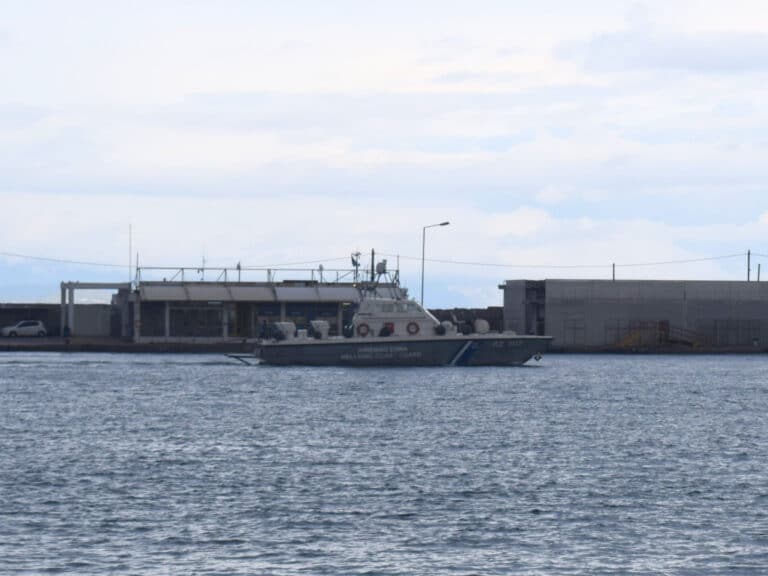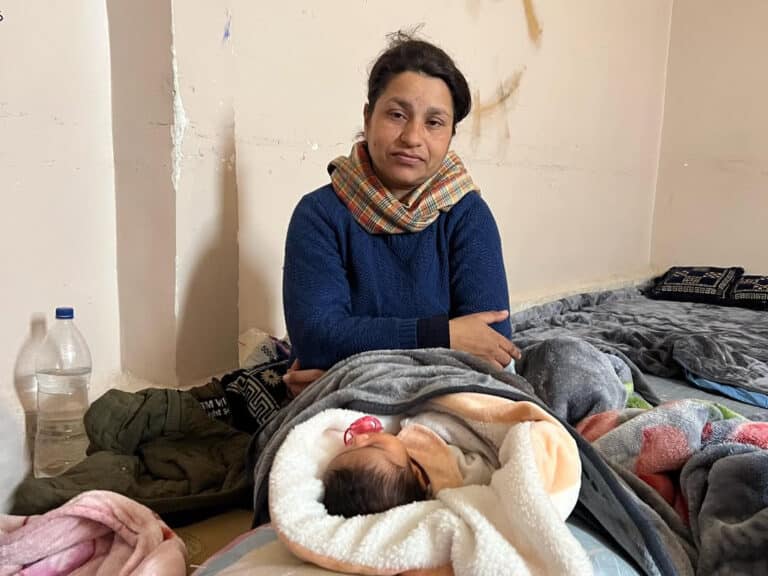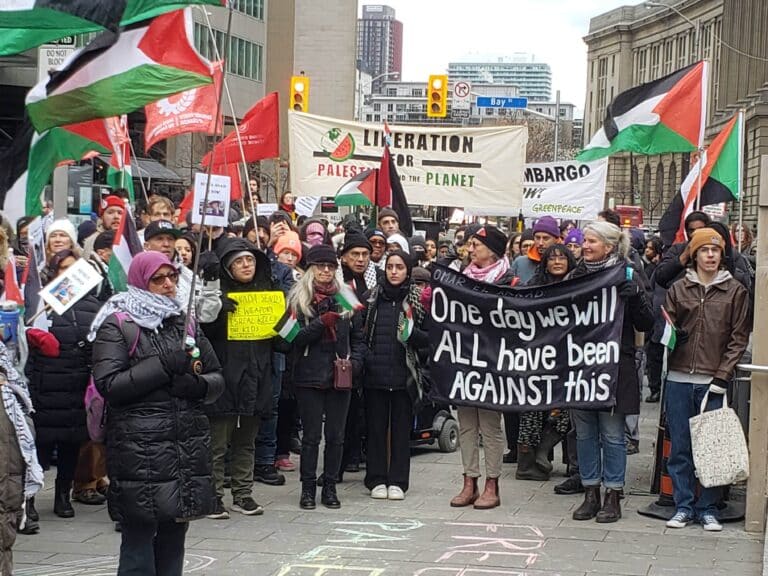Colombia is the second largest exporter of flowers in the world after the Netherlands. According to Asocolflores, the association that brings together flower growers, Colombia sold 2,052 million dollars in flowers to more than 100 markets in 2022 meaning that flowers are the second largest agricultural product in exports, after coffee. Both in Colombia and throughout the world, one of the favourite gifts on International Women’s Day is flowers. They seek to honour the beauty, sensitivity and strength of women and their struggles.
Work in flowers, carried out mostly by women, is hard. Working conditions are not the best, salaries rarely exceed the minimum wage, the hours are long and there is little time left over to share with family. Nancy Casas, leader of Sintrainagro, says that on dates like 8 March and 14 February, “We have to work exhausting work days, we have to work more overtime, we miss out on time with our children and apart from that we do not have recognition for our efforts.” During their long work days, workers leave their homes at 5:00 am in the morning and return at 9:00 or 10:00 pm at night. In addition, companies do not hire enough staff and therefore workers have to work longer hours.
In this context, it does not make sense that on 8 March we commemorate International Women’s Day by giving flowers, supporting an industry that perpetuates gender gaps and invisiblizes the structural violence exerted on these farm workers.
As CPT Colombia, we pray for celebrations consistent with their causes, for the violence exercised behind our consumption practices to be made visible, and for dignified and equitable living conditions for all women and men on this Earth.




